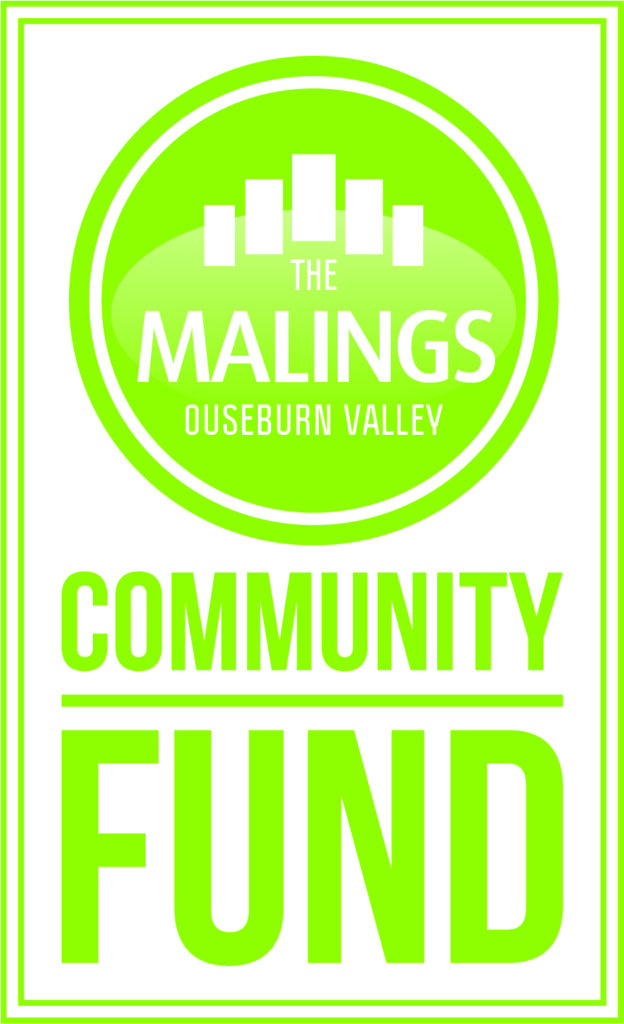Gwilym Lawrence, Director of The Other City
“Human beings have not significantly evolved, biologically, in the last 30,000 years. We are prehistoric hardware trying to run the software of 21st century life. No wonder we crash now and again.”
— Matt Haig (@matthaig1) February 8, 2019
We’ve just launched The Other City, a new piece of audio theatre that audience members can listen to via headphones at any time they choose, in any city in the world.
We worked on the show on and off for around two years, and during the testing stages many audience members said they found the experience to be very mindful. This response really pleased us. The Other City, we hope,opens up an invitation to explore urban spaces in unfamiliar ways, to stop and notice things you wouldn’t normally and to think about the global forces that shape our immediate surroundings.
One recurring idea in the show is that we aren’t, as human beings, meant to live in cities. As Matt Haig sums up in the tweet above, our bodies and brains aren’t kitted out to cope with the enormous amount of stimuli we subject them to every day, just by walking down a busy high street. Without even noticing we’re doing it, we develop techniques to shut out a lot of what’s going on around us. I’m sure we’ve all had the experience of noticing a substantial change near where we live – a building gets demolished or changes colour – and we seem to have no recollection of what was there before. Where I live in Sheffield, there have been huge architectural changes recently; the city’s silhouette feels like it’s constantly shifting, with new flats and tower-blocks appearing like mushrooms overnight. Just recently, the iconic Grosvenor House Hotel was demolished, leaving the sky looking starkly naked.
One thing I’m particularly excited about with this show is the way it plays with scale, inviting you to notice the minutiae of your city as well as the big, sweeping changes: a small fissure in a stretch of tarmac, the way the light catches a particular tree, the reflection of the sky in a tower-block window. One audience member said that whilst experiencing the show, they had the pleasurable sensation of being a tourist on their own doorstep, seeing it in strange new ways. Through this kind of interaction with our lived environments, we can come to see and understand them differently. More broadly, the show is being released as the Brexit drama appears to be reaching its endgame; a time at which we’re all thinking out loud about the movement of people and ideas, and ultimately about our place in the world. In the midst of all this, I hope audience members for The Other City in Newcastle, Sheffield and beyond enjoy this opportunity to experience their city afresh, and to consider the ways in which it might be an arena in which both local and global forces play out.
Check out Matt Haig’s excellent book Notes on a Nervous Planet






